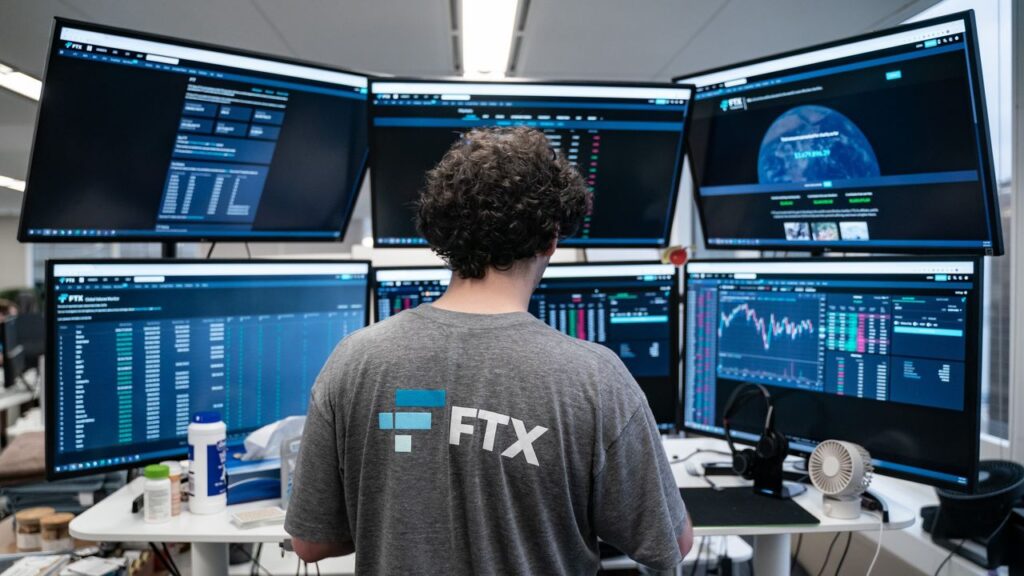Crypto Intelligence, a leading crypto and Web 3.0 news portal, has announced the launch of its Blockchain Council today, with 12 initial members.
The Crypto Intelligence Blockchain Council is made up of pioneers, visionaries and experts of the Web 3.0 space.
Members have the privilege of being able to share their insights via op-eds and thought leadership articles published in Crypto Intelligence and their affiliated partners, which include CoinMarketCap, CoinGecko, and CryptoPanic.
Members are also invited to industry panels and events organised throughout the year by Crypto Intelligence.
The founding members of the Crypto Intelligence Blockchain Council include current and former executives and employees of several leading blockchain companies, including Tezos, Kraken, Coinbase, and IoTeX.
Namely, the 12 initial Blockchain Council members are:
Deepak Garg – Chief Compliance Officer & MLRO (MENA) at Kraken
Jakob Linus Stammler – Product Owner & Operations Manager at Tezos Foundation
Miles Anthony – Chief Executive Officer and Founder of Decentral Games
Mark Zalan – CEO of GoMining, formerly a Silicon Valley network security engineer
Dr Raullen Chai – CEO of IoTeX, previously Lead of Crypto R&D and Engineering Security at Uber
Gagan Gehani – Former Product Manager at Coinbase
Martin Petkov – Head of Marketing at LandVault, Formerly of HSBC
Radovan Vukotic – Head of Finance at CoinFantasy
Suliman Mulhem – Founder of Imperium Comms and member of the Forbes Business Council
Alex Thurston – Chief Executive Officer of Bitcoin PR Buzz
Haris Khan – Group Vice President of Growth at Rain
Ehab Khattab – Content Manager at the Dubai Future Foundation
Commenting on the much-anticipated launch of the Blockchain Council, David Prior, Head of Partnerships and Sales at Crypto Intelligence, hailed it as an effective way to encourage more innovation and debate in the crypto and broader Web 3.0 space.
“Our Blockchain Council provides a platform for industry leaders and visionaries to share their expertise with the cryptoshere and encourage the sharing of ideas,” he said.
“We are looking forward to adding more members to our Blockchain Council in the coming weeks and months.”
Join the Crypto Intelligence Blockchain Council
While the majority of Blockchain Council members are invited to join directly by Crypto Intelligence, crypto pioneers and experts are able to apply to join the waiting list and to be considered for admission.
To apply, you can send an email to Council@cryptointelligence.co.uk.









